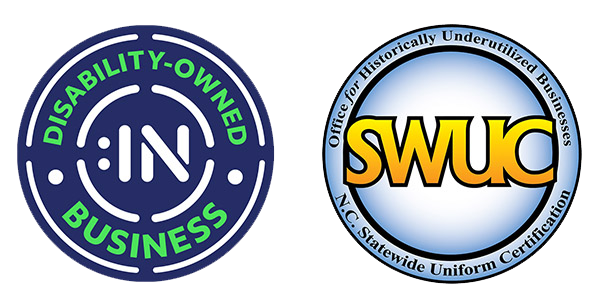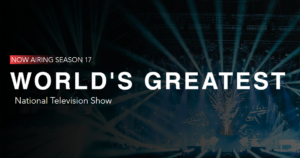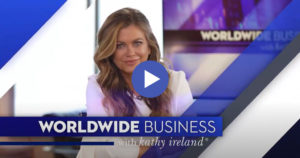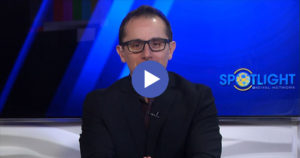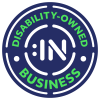Meet Tina Childress, Educational Audiologist
September 19, 2023 2023-09-19 13:52Meet Tina Childress, Educational Audiologist
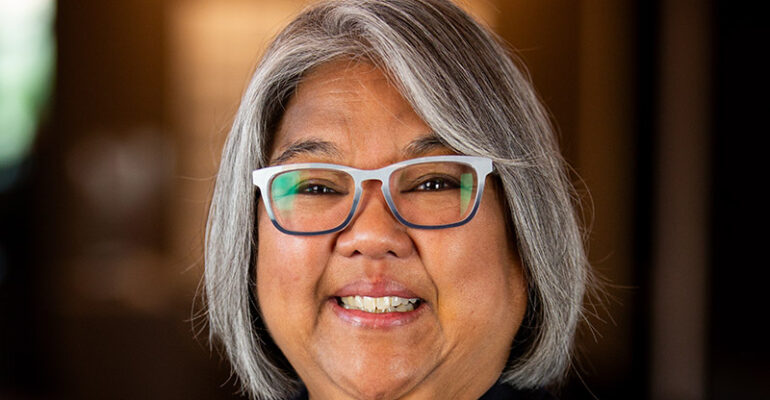
Meet Tina Childress, Educational Audiologist
Tina Childress is an educational audiologist. Childress is a late-deafened adult who went from hearing to deaf over the course of 9 months. After her hearing loss 9 months later, she received her first cochlear implant (2000) and became a bilateral recipient 5 years after that.
Ironically and serendipitously, Childress was already an audiologist when she experienced hearing loss first-hand. As Childress explained, she felt audiology found her when she was trying to find a major and a sign language class that drew her into the communication sciences department. Little did she know how much she would be using ASL later on in her life. ASL has allowed her to code-switch and connect in many different culturally Deaf, deaf, hard of hearing, and hearing communities and as a result, she is grateful.
As a Deaf audiologist, Childress can leverage both perspectives. “As someone that experienced progressive hearing loss, I will always be ‘grieving’ my hearing self in one way or another, especially when I experience discrimination or there is a situation that is not accessible to me, and I wish it was,” said Childress.
Childress loves connecting with other deaf and hard of hearing (DHH) adults to discuss shared experiences, frustrations, and triumphs. “Connecting with colleagues to learn about how to best serve my students and hearing loss peers and reminding them of the patient perspective. Having an intuitive ability to connect with the world around me through assistive technology because I use it every day,” said Childress.
Childress says her favorite days at work are when she can work with a DHH student, and the student can understand that she understands what the student is going through. “I love teaching them about these tools while they’re young so that they might be able to use this knowledge in the future. Parents also appreciate getting a glimpse of what could possibly be in store for their children in the future,’ said Childress. By having shared experience, Childress almost has a ‘street cred’ that other non-DHH audiologist may not experience.
Childress has her own site, “See.Hear.Communication.Matters” to show that everyone has a right and need to communicate, no matter what that communication process looks like. Believing that knowledge is power, Childress will do all that she can to create and share information in ways that are understandable and practical. She is continuously involved with her community by giving back and using her resources, connections and knowledge.
Her main focus as of now includes assistive technology, virtual platforms, awareness about audism, and access in cultural spaces. Childress has resources, given presentations, and participated on various Boards as a way of bringing these issues to light.
Childress provides great advice for those wanting to go into the audiology field. “If audiology is a field that you want to pursue and you hesitate because of perceived barriers, reach out to a seasoned audiologist who has already gone through that journey. There are audiologists out there who have various disabilities, are BIPOC or have faced other barriers. Many of us are glad to connect to help grow our field for the future,” said Childress.
Purchase Online
Featured Deaf Leader
Recent Articles
